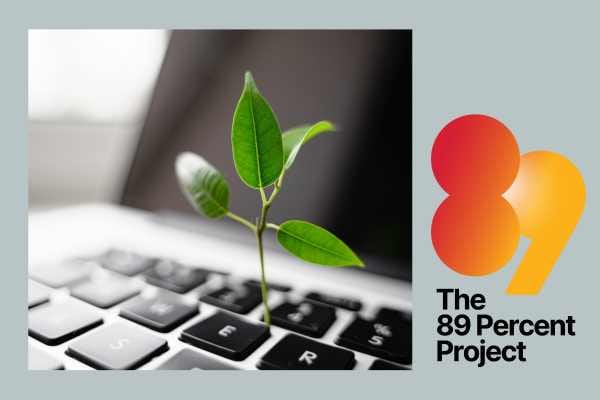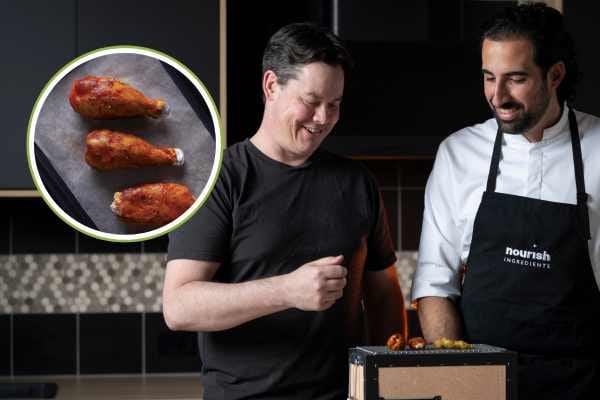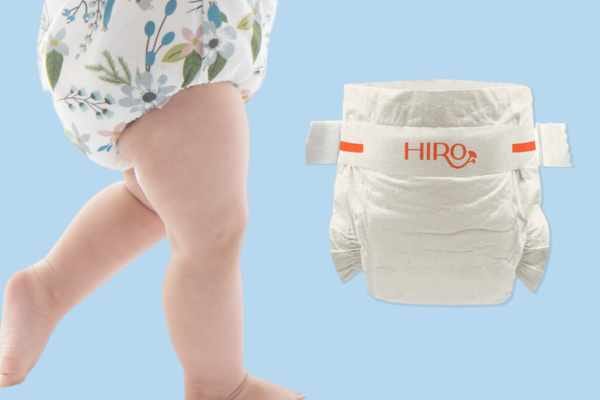Seaweed startup takes on plastic punnets
This UK bioplastic company is planning to make waves in the fresh fruit aisle.

UK packaging innovator Kelpi has the supermarket shelves in its crosshairs after winning a contract with global fruit company Blue Skies and UK supermarket chain Waitrose.
Blue Skies – with the backing of Waitrose – plans to use Kelpi's seaweed-based innovations to overhaul the packaging of its fresh cut fruit.
The fresh produce industry is a major consumer of plastic and contributes to plastic pollution worldwide. Moreover, only nine per cent of all fossil fuel-derived plastic waste made has ever been recycled, according to Ellen MacArthur Foundation.
Kelpi, in contrast, has developed a recyclable, compostable, marine-safe, low carbon bio-material packaging from seaweed that also offers a longterm water and acid barrier.
Blue Skies will start with a prototype and will then pilot Kelpi's bio-material packaging next year with the ultimate goal of replacing its plastic packaging with seaweed-derived alternatives.
The 18-month project is funded by FRESHPPACT, a UKAid supported project, and if successful will reduce plastic waste across the fresh produce supply chain in the UK and Europe as well as across Sub-Saharan Africa.
“We are really excited to be working with Kelpi on this project to support in the development of truly game-changing solutions in the world of packaging, and achieve our aim of delivering tangible benefits to countries like Ghana, where we make our fresh-cut fruit,” said Blue Skies' head of Sustainability Simon Derrick.
“Kelpi is delighted to be working with Waitrose & Partners and Blue Skies to apply our unique seaweed-based biomaterials to deliver recyclable, biodegradable alternatives to the worldwide problem of single use plastic packaging in fresh cut fruit.”
Kelpi's chief commercial officer Hugo Adams said the company was pleased to be working with Waitrose & Partners and Blue Skies "to apply our unique seaweed-based biomaterials to deliver recyclable, biodegradable alternatives to the worldwide problem of single use plastic packaging in fresh cut fruit".
Kelpi, which last year raised £3M in seed funding led by Science Creates Ventures and Green Angel Syndicate, recently secured its second R&D contract with global cosmetics brand L'Oréal, and is also working with a major drinks brand.
Seaweed comes of age
Seaweed's role in fighting climate change is multifaceted. Traditional plastic production gobbles up around eight per cent of the world’s fossil fuels, making it a high carbon emitter, while the end product pollutes both land and ocean. Seaweed, in stark contrast, sequesters carbon as it grows, regenerates marine ecosystems, and serves as a feedstock for renewable, biodegradable bioplastics.
Other seaweed startups making great strides include Sway from California which has developed a resin that’s totally bio-based, home compostable and made mostly from seaweed. The company's newly launched product, Thermoplastic Seaweed resin, or TPSea for short, can be used to replace traditional plastic packaging.
Australian seaweed startup Uluu, which has developed a fermentation process similar to brewing beer, recently inked its first commercial deal with surf brand Quiksilver with the pair to develop and commercialise apparel that performs as well as plastic textiles.
Kelpi, which was spun out of the University of Bath, has developed bioplastic packaging coatings from seaweed that are compostable, marine-safe, and low-carbon. The company says its high performance coatings have a strong water barrier, an oxygen barrier, and grease and acid resistance. Kelpi has a strong focus on thin films which are among the least recycled plastic categories.





